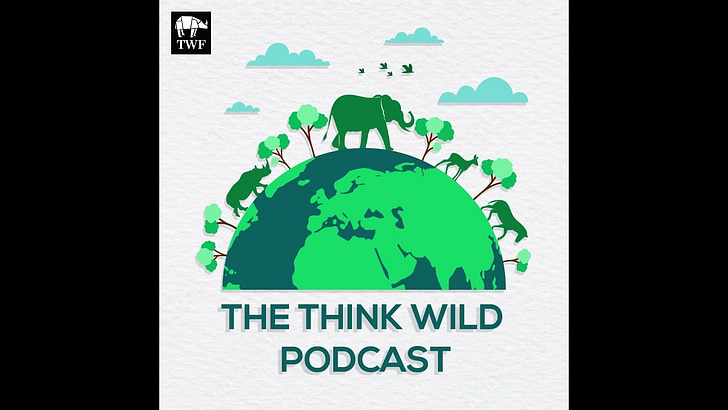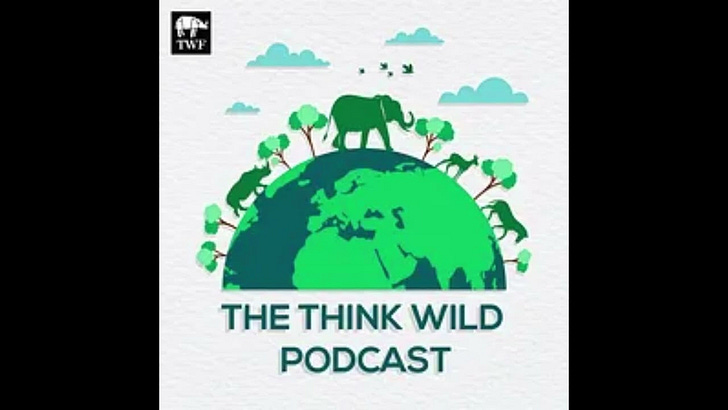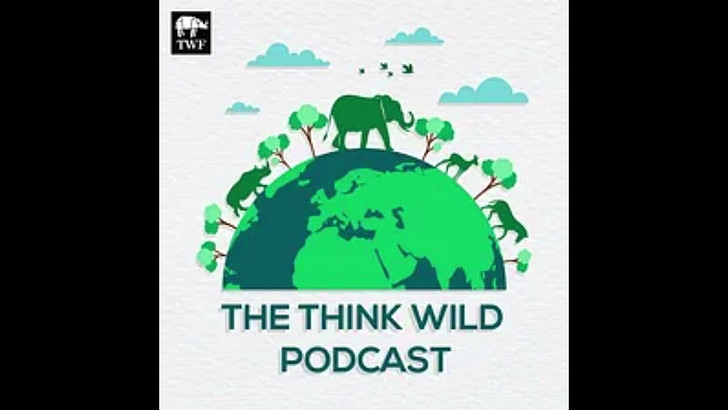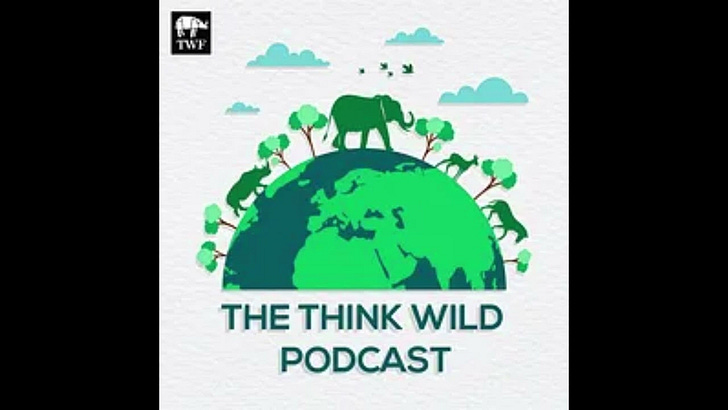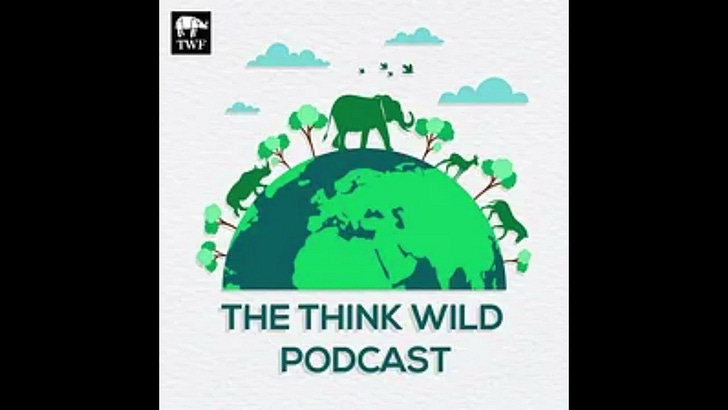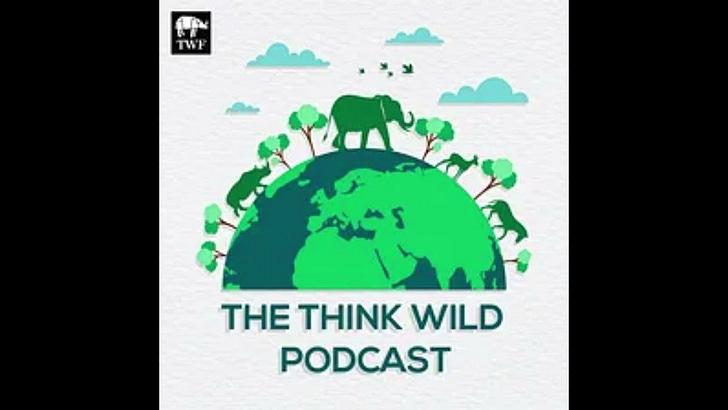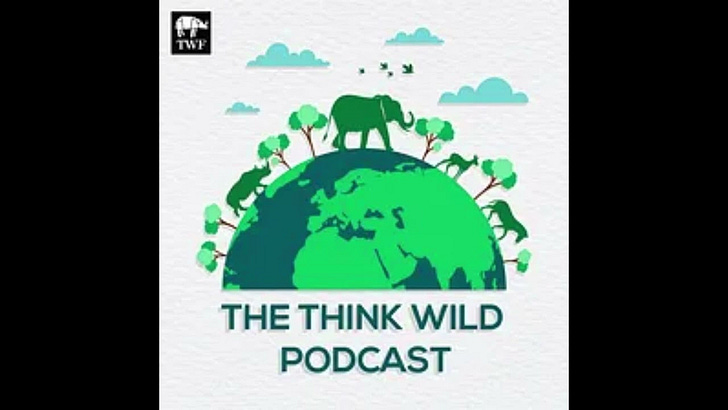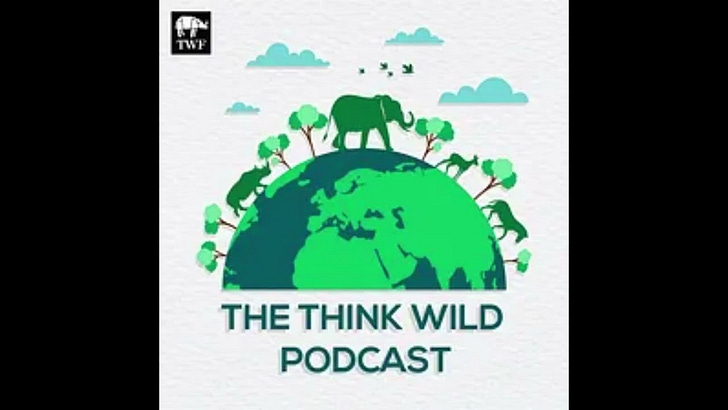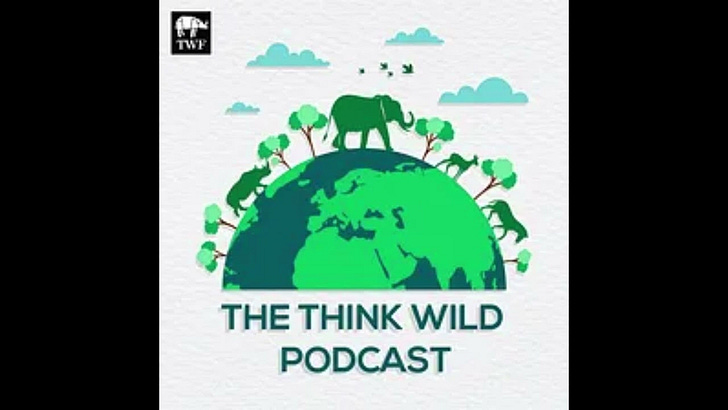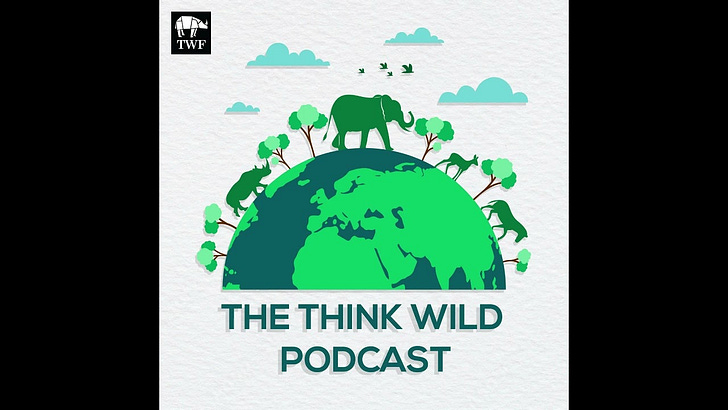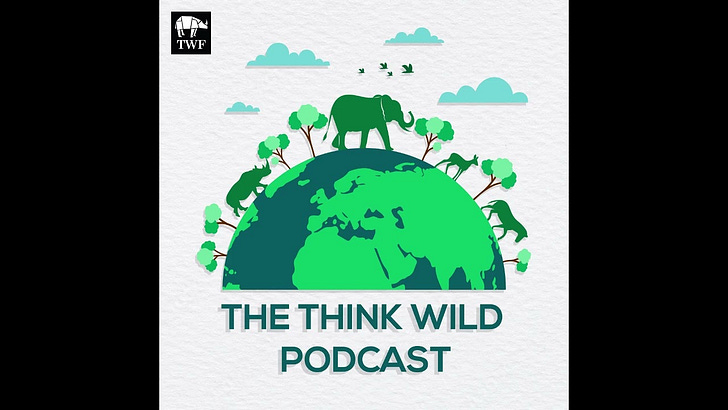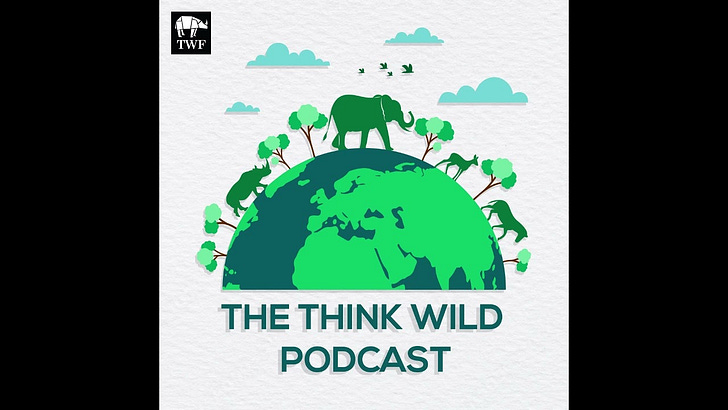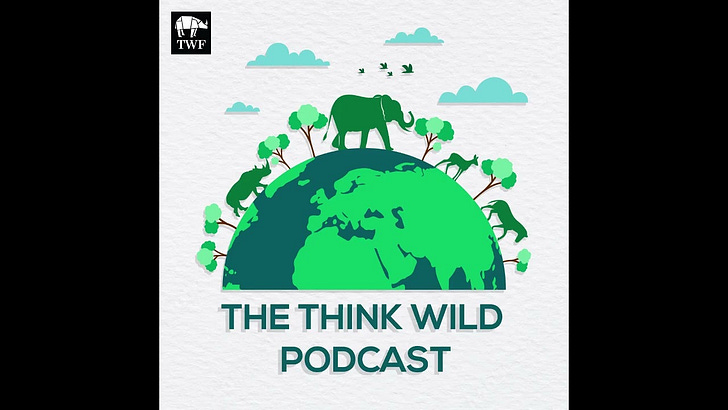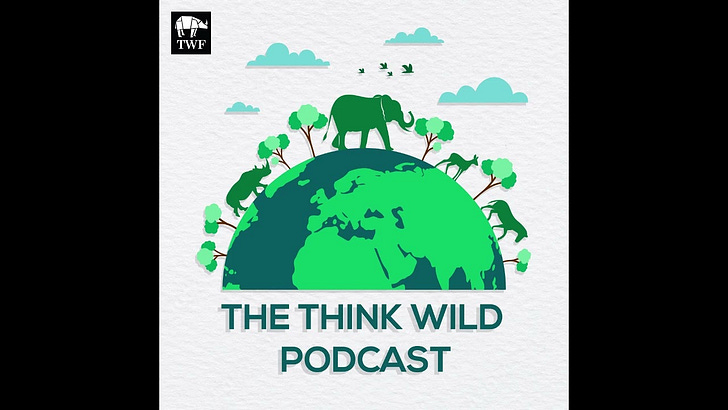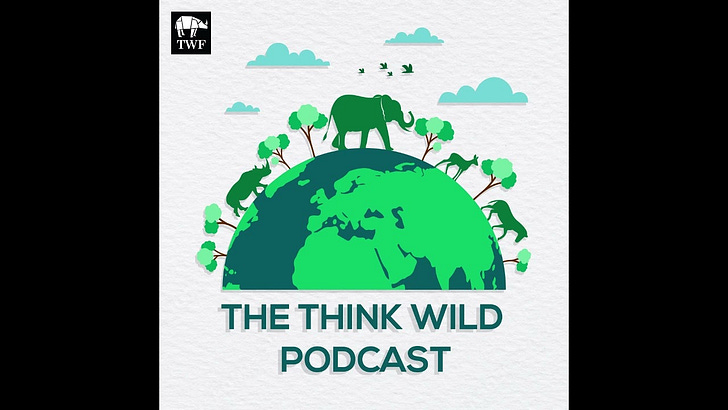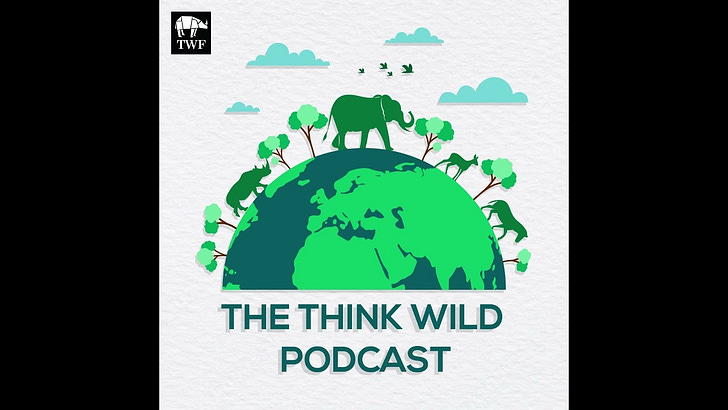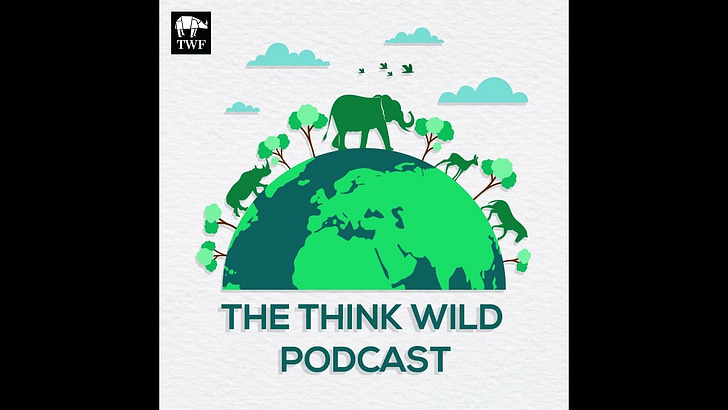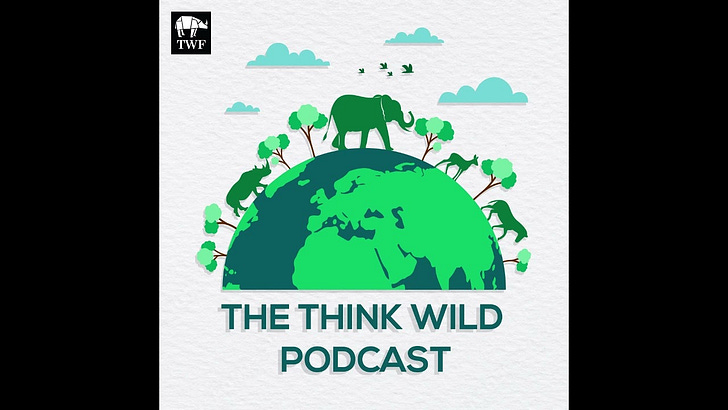S3|EP40 - Conserving Amphibian Biodiversity in a Changing Climate with the Amphibian Foundation
Description
Amphibians are among the most threatened groups of animals on Earth, making them critical indicators of ecosystem health and biodiversity preservation. In this episode, we are joined by Mark Mandica, Executive Director of Amphibian Foundation, who shares his expertise on amphibian ecology, conservation biology, and the urgent need to protect these keystone species and ecosystem engineers. His leadership highlights how amphibians are at the heart of biodiversity management and biodiversity conservation strategies worldwide.
Despite their ancient evolutionary history and vital ecological roles, amphibians are facing an unprecedented crisis. Pollution, habitat loss, disease, and the escalating impacts of climate change are driving widespread declines in amphibian biodiversity, with serious consequences for freshwater ecosystems and wildlife ecology. Amphibians such as frogs, salamanders, and caecilians are not only fascinating in their biology but are also shaping freshwater ecosystems and influencing the survival of countless other forms of wildlife. Their sensitivity to pollution, habitat degradation, and shifts in freshwater ecology makes them some of the most powerful biodiversity indicators, helping us measure the health of freshwater biodiversity and ecosystems.
Mark discusses how amphibian conservation intersects with conservation biology at large. He examines the threats amphibians face from environmental pollutants, agricultural runoff, and urban expansion, as well as the spread of deadly pathogens like chytrid fungus. He also explains how amphibian conservation is directly linked to broader biodiversity preservation, since their survival influences ecosystem stability, food webs, and freshwater biodiversity across rivers, wetlands, and streams.
Amphibians also illustrate the deep connections between wildlife biology, climate change, and the climate crisis. As global temperatures rise, amphibians are losing habitat, experiencing altered breeding cycles, and facing water stress in freshwater ecosystems. Their declines foreshadow broader biodiversity loss, making amphibian conservation urgent for protecting both wildlife and human futures. Conservation biology initiatives increasingly recognize amphibians as frontline species in the battle to mitigate biodiversity loss and adapt to environmental change.
We also explore practical approaches to amphibian conservation, from habitat restoration and protection of freshwater ecosystems to addressing pollution and promoting climate resilience. By integrating amphibian ecology into biodiversity management and biodiversity conservation strategies, researchers and conservationists are not only protecting amphibians but also securing the ecological services that healthy freshwater biodiversity provides.
This conversation with Mark and the Amphibian Foundation underscores that saving amphibians is about far more than protecting a single group of animals—it is about maintaining biodiversity hotspots, sustaining ecosystem balance, and ensuring that wildlife and people alike benefit from thriving freshwater ecology. Amphibians remind us that conservation biology must address the intersections of pollution, climate change, and biodiversity preservation. Their story is a powerful call to action to safeguard amphibian biodiversity and confront the global climate crisis.
#amphibians #amphibianconservation #amphibianbiodiversity #amphibianecology #biodiversityindictaors #keystonespecies #ecosystemengineers #amphibian #freshwaterecology #freshwaterbiodiversity #freshwaterecosystems #biodiversity #biodiversitymanagement #biodiversityconservation #biodiversitypreservation #wildlife #wildlifeecology #wildlifebiology #conservationbiology #pollution #climatechange #climatecrisis
Get full access to The Think Wildlife Podcast at anishbanerjee.substack.com/subscribe

